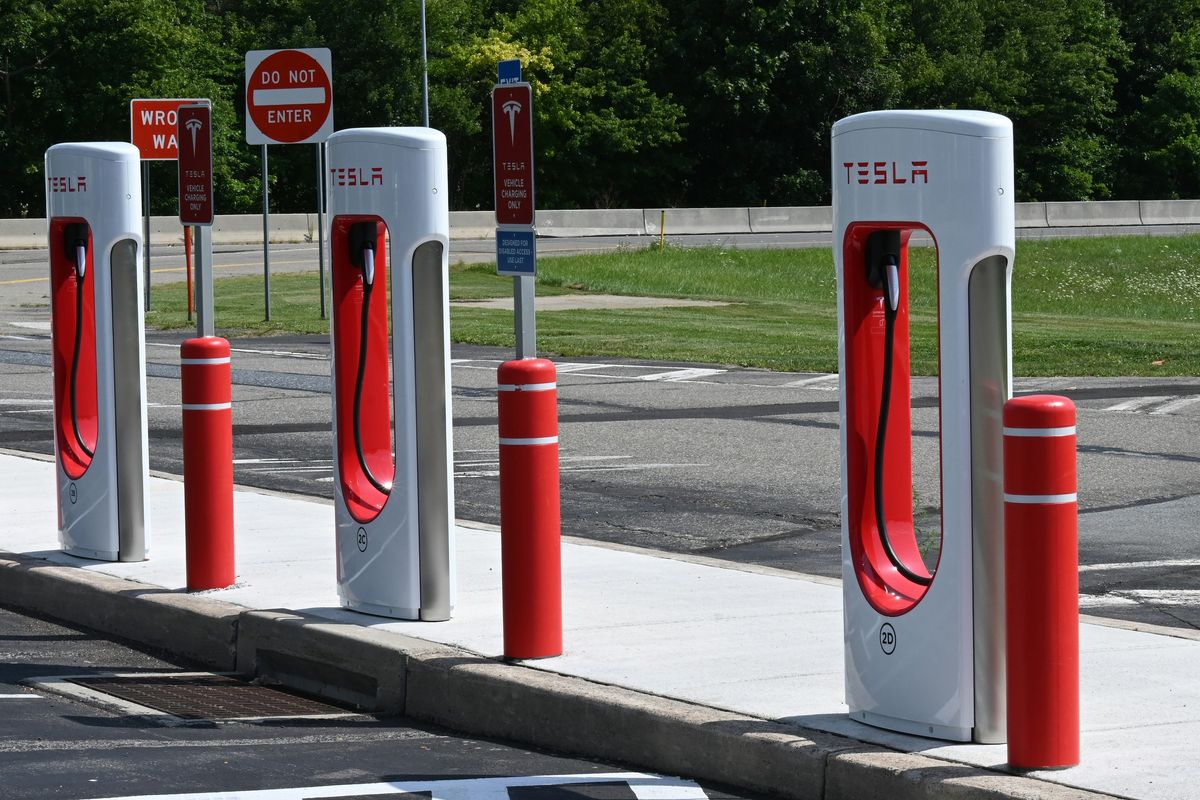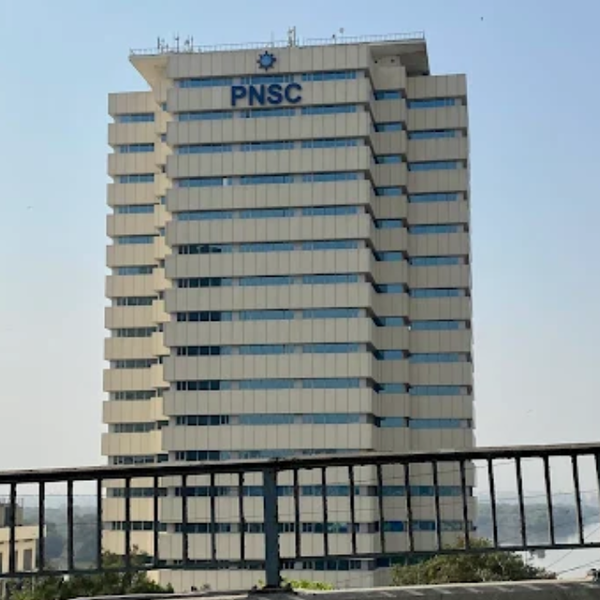Can EVs alleviate trade deficit and promote economic growth in Pakistan?
The government has slashed tariff of charging stations by 44%
Business Desk
The Business Desk tracks economic trends, market movements, and business developments, offering analysis of both local and global financial news.

The reduction in electricity tariff for EV charging stations aimed at expediting the sector’s growth would save Pakistan billions of dollars in fuel imports and provide people with cheaper transportation, analysts say.
Pakistan government has slashed the per-unit tariff for charging stations by over 40% from PKR 71 to PKR 39.7.
This drastic reduction is anticipated to make electric travel up to three times cheaper compared to traditional petrol and other fuels. The lower tariffs are expected to lead to substantial fare reductions for commuters and spark significant foreign exchange savings due to decreased reliance on imported fuels.
Currently, millions of motorcycles in Pakistan consume approximately $6 billion annually in fuel costs. Converting these motorcycles to electric technology, which costs an average of PKR 50,000, promises to repay the investment within three to four months while saving billions of dollars in foreign exchange.
Additionally, the adoption of electric technology for three-wheeled vehicles, such as rickshaws, is expected to significantly cut intra-city travel costs, reduce fares, and help curb harmful emissions, contributing to the fight against air pollution.
The reduction in travel costs is also likely to impact the delivery of goods within cities positively, leading to lower prices for essential items.
The rising trade deficit is a significant factor in Pakistan's stagnant economic growth. Electric vehicles have the potential to substantially limit the oil import bill, which is the country's largest import commodity.
Furthermore, EVs could pave the way for a new industry in Pakistan, creating numerous green businesses and job opportunities, thereby improving the country's socio-economic situation.
Moreover, EVs offer an excellent flexible load for the national electric grid. With proper planning, EVs can utilize electricity during off-peak hours, reducing the burden of idle capacity payments on the national exchequer.
New business opportunities
The Power Division's revolutionary initiative presents new business opportunities due to the establishment of charging stations and battery replacement points in every neighborhood. With the discounted rate, setting up a charging station or battery point can be approved within just 15 days.
The National Energy Efficiency and Conservation Authority (NEECA) — a subsidiary of the Power Division — has established a one-window facility for easy registration through its website.
To foster a competitive market and attract both domestic and foreign investment, regulations have been simplified, and the registration fee set at just PKR 50,000. With these measures, it is estimated that Pakistan will achieve its target of 30% inclusion of electric vehicles by 2030.
The regulations support the provision of charging technology at five different levels, ensuring equal opportunities for all global and regional electric vehicle manufacturers.
Special attention has been given to the protection and monitoring of charging stations and battery replacement points, which will be regularly audited.
The introduction of discounted electricity rates and regulations for electric vehicle charging stations promises new profitable business and investment opportunities, creating employment and strengthening Pakistan's national economy.







Comments
See what people are discussing